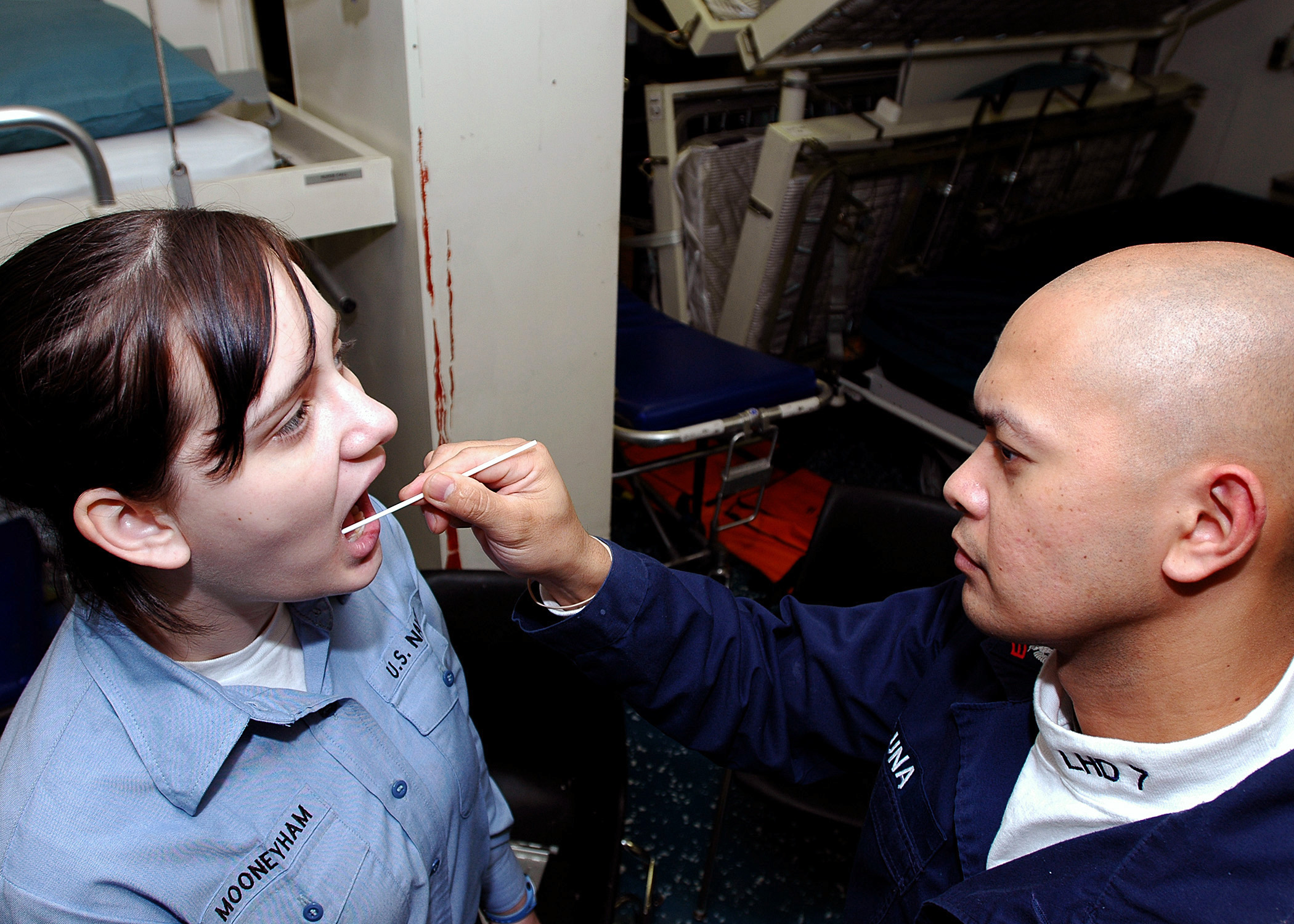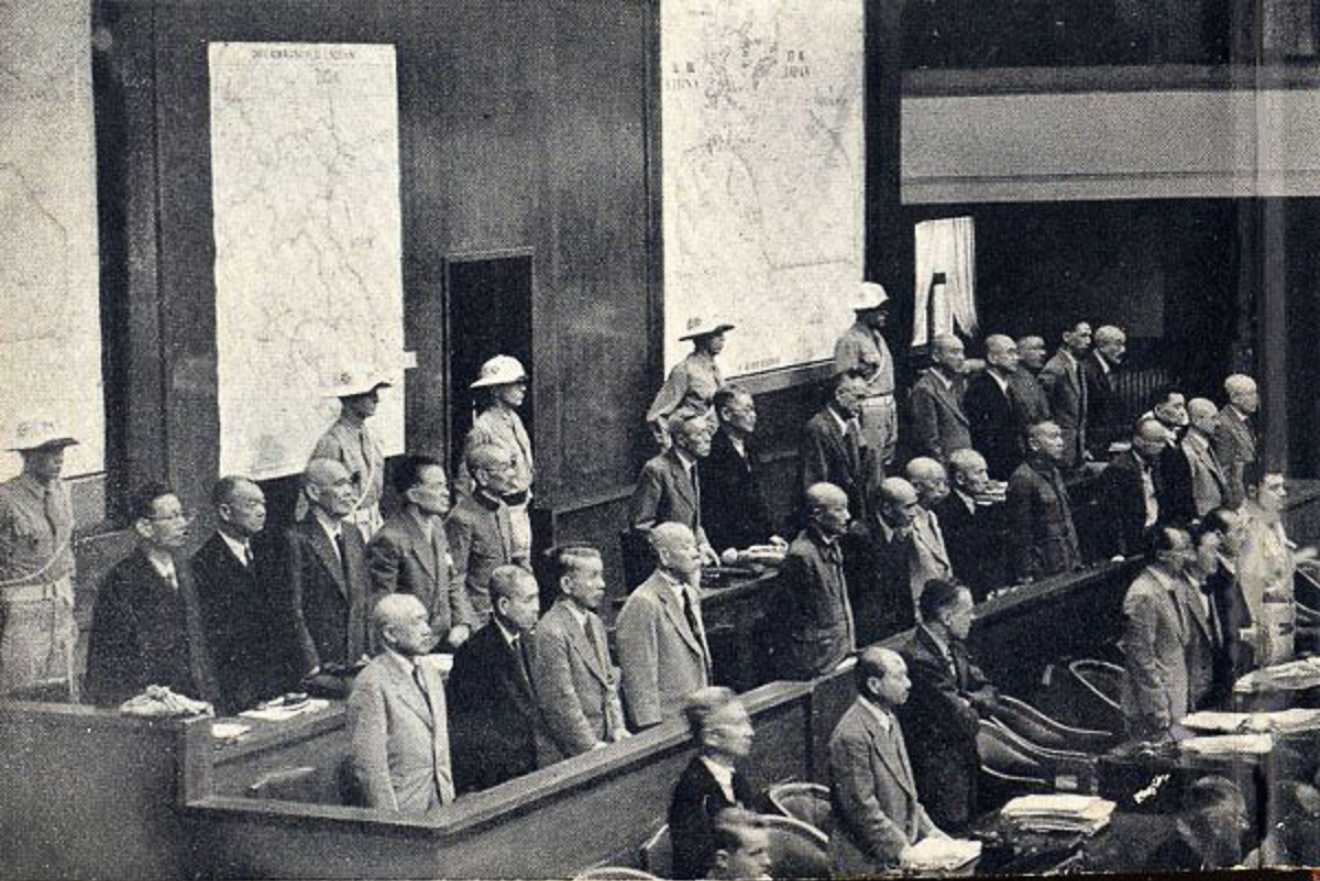In the early hours of Sunday, October 27, 2013, police officers arrested singer Chris Brown and his bodyguard in Washington, D.C. Early reports allege that Brown and his
bodyguard attacked a man outside the W Hotel by the White House. While a police investigation will determine
whether or not Brown is guilty of the crimes he committed, he faces the very
serious issue of having violated his probation. At the time of the arrest, Brown was on
probation following his February 2009 arrest for assaulting his
then-girlfriend, Rhianna.
Tuesday, October 29, 2013
Friday, October 25, 2013
Navarette v. California: Will the U.S. Supreme Court Rule in Favor of an Anonymous Tip Exception for Reckless and Drunk Driving?
Tuesday, October 22, 2013
Buccal Swab "Booking Procedures": Lower Courts Struggle to Apply Maryland v. King
 On June 3, 2013, the Supreme Court handed down a widely-anticipated opinion
in Maryland v. King. In this case, the defendant’s DNA was
collected by the state after an arrest for first-degree assault. Though he pled to a lesser misdemeanor charge,
King’s DNA was found to be a match for an unsolved 2003 rape for which he was
eventually convicted. The Court
addressed the following issue: “whether the Fourth Amendment prohibits the collection and analysis of a DNA sample from persons arrested, but not yet convicted, on felony charges.” Justice Kennedy, writing for the Court, did
not examine the issue in isolation, but considered it in light of Maryland’s DNA Collection Act, which contained various protections for the accused. Specifically, DNA could only be
collected if the individual was charged with a violent crime, could not be
recorded or stored until after the individual was arraigned, and samples would
be destroyed if the criminal action did not result in a conviction; further,
the DNA could not be used for any purpose other than identification.
On June 3, 2013, the Supreme Court handed down a widely-anticipated opinion
in Maryland v. King. In this case, the defendant’s DNA was
collected by the state after an arrest for first-degree assault. Though he pled to a lesser misdemeanor charge,
King’s DNA was found to be a match for an unsolved 2003 rape for which he was
eventually convicted. The Court
addressed the following issue: “whether the Fourth Amendment prohibits the collection and analysis of a DNA sample from persons arrested, but not yet convicted, on felony charges.” Justice Kennedy, writing for the Court, did
not examine the issue in isolation, but considered it in light of Maryland’s DNA Collection Act, which contained various protections for the accused. Specifically, DNA could only be
collected if the individual was charged with a violent crime, could not be
recorded or stored until after the individual was arraigned, and samples would
be destroyed if the criminal action did not result in a conviction; further,
the DNA could not be used for any purpose other than identification.Friday, October 18, 2013
Inaccurate Background Checks: An Expunction of Job Opportunities?
Tuesday, October 15, 2013
In-Court Identification: Is It Inherently Prejudicial?
There is a hotly
contested battle between the prosecution and the defendant on the reliability
of various types of identification procedures.
Anyone in the criminal field will have heard about a photo array or a
lineup. However, there is one type of
procedure that seems to fly under the radar: the in-court identification. This presents a real due process concern
because even though eyewitness testimony is unreliable and open to post
experience suggestion, it is still very persuasive to juries. Further, an in-court identification is much more dramatic than a pretrial identification procedure and thus has the
potential to compound the persuasiveness to juries.
Friday, October 11, 2013
"Scenes of a Crime": A Documentary Surrounding the Adrian Thomas Case and a Look at False Confession Experts
Scenes of a Crime is a fascinating documentary examining
the case and confession of Adrian Thomas. On September 21, 2008, one of Adrian Thomas’s four-month-old
twin sons, Matthew, was taken to the hospital for difficulty breathing. The admitting doctor identified signs of
Sepsis (caused by infection) and started to treat Matthew with antibiotics and ordered
testing. Matthew was transferred to another
hospital where Dr. Walter Edge, who was working in the Pediatric Intensive Care
Unit, was concerned with fluid around Matthew’s brain. Dr. Edge suspected the fluid was the result
of intentional abuse and notified the police; Child
Protective Services removed Thomas’s six other children from the home. Later at the hospital, Dr. Edge told the detectives
“somebody murdered this child, this child [is] going to die.”
Tuesday, October 8, 2013
No Knock, No Problem?
The Fourth Amendment of the United States Constitution
protects citizens from unreasonable searches and seizures.[1] Traditionally, the common law doctrine
governing the reasonableness of police searches of private homes required
officers to knock and announce their presence,
giving the owner opportunity to answer.
This rule was adopted to limit unnecessary destruction of forced entry
into private homes. In 1970, Congress passed the Comprehensive
Drug Abuse, Prevention, and Control Act, which authorized the use of no-knock
warrants.[2] After seeing the dangers of this method,
Congress repealed the law in 1974.[3] The Supreme Court, however, has ruled that in some circumstances, knocks are not necessary. No-knock searches can be performed with a
warrant authorizing entry without announcement. If a warrant does not authorize entry without
announcement, then a court must consider that when analyzing the reasonableness of a search.
Friday, October 4, 2013
Quality Control in an Era of Confrontation
The
Sixth Amendment of the United States Constitution provides that “[i]n all
criminal prosecutions” the accused shall “be confronted with witnesses against
him.”[1] As with all reserved rights, the question
arises as to what degree and in what context a defendant may exercise this and
other rights. The United States Supreme
Court declared between two cases – Bullcoming
v. New Mexico[2] and Melendez-Diaz v. Massachusetts[3]
– that “testimonial” evidence includes a sworn report submitted by a lab
technician describing the results of laboratory drug tests.[4] Applying this standard excludes a laboratory
report submission under hearsay when a witness is unavailable and the defendant
has not had a prior opportunity to cross-examine. Therefore, a laboratory report prepared in
anticipation for prosecuting a defendant requires the prosecution to produce
the lab technician who performed the tests for cross-examination. A certified report from a laboratory will not
suffice to secure its admission at trial.
Tuesday, October 1, 2013
Guest Post on the Intersection of Patent Law and Criminal Law: Do you need a patent to protect your design to prevent crime?
If you’re a
budding entrepreneur and a bit of a tech whizz, you’ve probably got a number of
ideas, designs and concepts under your belt.
Ever wondered
whether you should protect these designs and ideas?
A general
conversation with friends, an overheard conversation, or just someone who
decides they can make some money from your design could easily steal it and
pass it off as their own; this is a criminal offence – but only if you have protected your work.
Subscribe to:
Posts (Atom)







